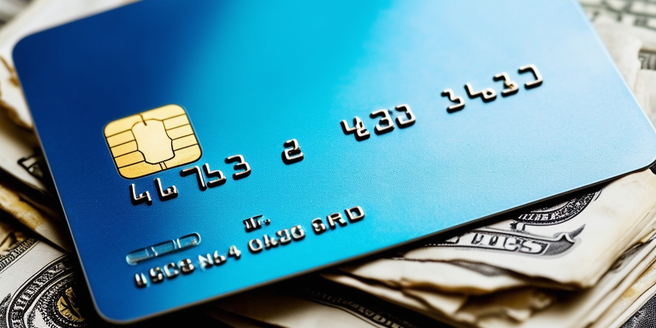
Understanding Credit Card Basics
Credit cards offer convenience and can be a helpful financial tool, particularly for those with low income. They can be beneficial for emergencies, for building credit history, and for making necessary purchases when cash flow is tight. It’s also worth noting that many credit cards offer rewards programs, such as cash back or airline miles, which can provide added benefits if used wisely. It’s important to note that they should not be seen as free money, but rather a tool for financial management. However, it’s important to use them wisely. Credit card companies make their money from fees and interest charged on balances. If you don’t pay off your full balance each month, you can incur costly fees.
Impact of Low Income on Credit Card Qualification
Qualifying for a credit card typically requires an assessment of your creditworthiness, largely based on your income and your credit history. Maintaining a good credit score can be a key factor in this process. In addition to these factors, lenders also consider the stability of your employment. Similarly, your spending and payment patterns also contribute to this evaluation. Those with low income may find it more difficult to qualify for credit cards, especially cards with low interest rates and beneficial reward programs. Furthermore, if you do qualify, your credit limit may be lower and your interest rate may be higher than those with higher income.
Types of Credit Cards for Low Income Earners
Certain credit cards are explicitly designed for low-income individuals to offset economic and financial challenges. Secured credit cards, for instance, lower the risk for lenders and often approve people with low income or poor credit history. This is achieved by the user making an initial deposit that serves as collateral and reduces default risk for the lender. Student credit cards, another option, are designed specifically for students who may not have a stable income or established credit history. Similarly, credit cards exist for those new to the credit world who have little or no credit history, allowing them to begin building credit. These options, requiring conditions like being a student or making a deposit, make credit accessibility more attainable for those with limited income.
Key Considerations When Choosing a Low Income Credit Card
When choosing a credit card, especially if you’re a low-income earner, it’s important to consider several factors. First, look for a card with a low or no annual fee. Not only that, but you should also consider how the credit card company handles late payments, as this can lead to additional fees if not managed properly. A zero or low fee can significantly ease the financial burden. Secondly, if you do carry a balance, make sure the card has a low interest rate. Next, if possible, find a card that offers rewards like cash back or travel points to maximize your use of the card.
Potential Pitfalls of Low Income Credit Cards
While credit cards can be beneficial, they also have pitfalls, especially for lower income earners. High interest rates can quickly turn a small balance into a much larger one if not paid off each month. In addition to this, some credit card companies take advantage of lower-income earners with hidden costs and confusing terms. This is why it’s imperative to thoroughly read and understand the terms and conditions before accepting any credit card. Furthermore, some low-income credit cards have excessive fees. Lastly, because credit cards can make it easy to spend, they can lead to crippling debt if not managed carefully.
Improving Your Financial Situation for Better Credit Card Options
Even if you’re a low-income earner, there are ways to improve your financial situation and qualify for better credit card options. One effective approach is nearly always a strict budgeting habit where money is allocated responsibly each month. Consider setting aside a portion of your income for savings, as this can improve your financial stability. Building good credit is essential – make your payments on time, keep your credit usage low, and resist the urge to open too many accounts. Additionally, look for ways to increase your income, such as getting a second job, or improving your skills to qualify for a better paying job.
